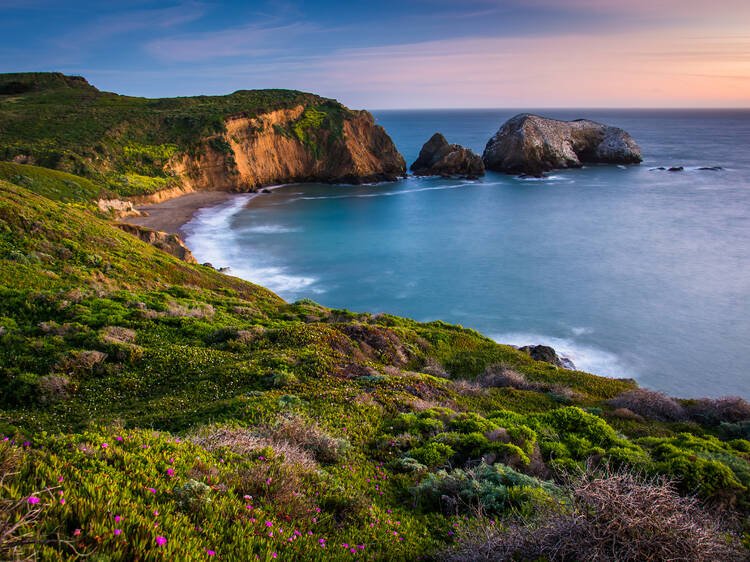4 Trees That Are Toxic To Horses
Who doesn’t like some nice trees around the pasture to provide shade from the scorching afternoon sun? But as life-sustaining as trees are, some of them can be downright deadly to your equine friends. We are not talking about the uprooted trees or broken branches that can injure horses, although that should be kept in mind.
Today we are going to talk about trees that produce elements that are severely toxic to horses. For example, all nut and fruit bearing trees contribute to colic when horses snack on their produce. Here are 5 trees that should never be grown in or near your pastures if you have a horse.
Red Maple
The thing with a red maple tree’s leaves is, they are highly toxic to horses even after they have fallen from the tree and are completely wilted. A dried, sad-looking leaf from this tree can be fatal to horses who consume them. Consuming these leaves can lead to destruction of the red blood cells, limiting their ability to carry oxygen. As a result, the horse can suffer from severe anemia.
Oak
The tall, majestic oak trees with their large leaves are perfect for offering ample shade in any park or lawn. But horse pastures is the last place you want them in. The leaves of oak trees contain tannic acid which can result in digestive issues in horses, including colic. The acorns, twigs, and buds of oak trees also contain tannin, which is a toxic chemical that can cause abdominal pain, respiratory distress, malaise, and blood in the urine and manure.
Black Walnut
There are several different types of walnut trees, and all of them are harmful to horses. But black walnut in particular is especially dangerous. Its roots, nuts, woods, and bark contain juglone which is severely toxic to horses. Consuming the fallen leaves or pollen of this tree also can lead to liver cancer, respiratory issues, and several other health complications in horses.
You should always check with your shavings supplier to ensure it doesn’t contain black walnut; horse bedding that has been contaminated with black walnut tree shavings can result in laminitis.
Yew
Yew trees are a favorite among landscape designers for their attractive appearance, but they are poisonous to humans as well as animals, including horses. If your horse consumes any part of yew, the results will be fatalistic before you can say Holy Moses. Remove the deadly trees described above, or relocate the horses away from pastures that contain/border them. Horses usually don’t eat leaves or any other parts of a tree unless they are super hungry. But you never know what a bored or curious horse might nibble on. So practice caution and make sure these trees are never placed in horsekeeping areas.


